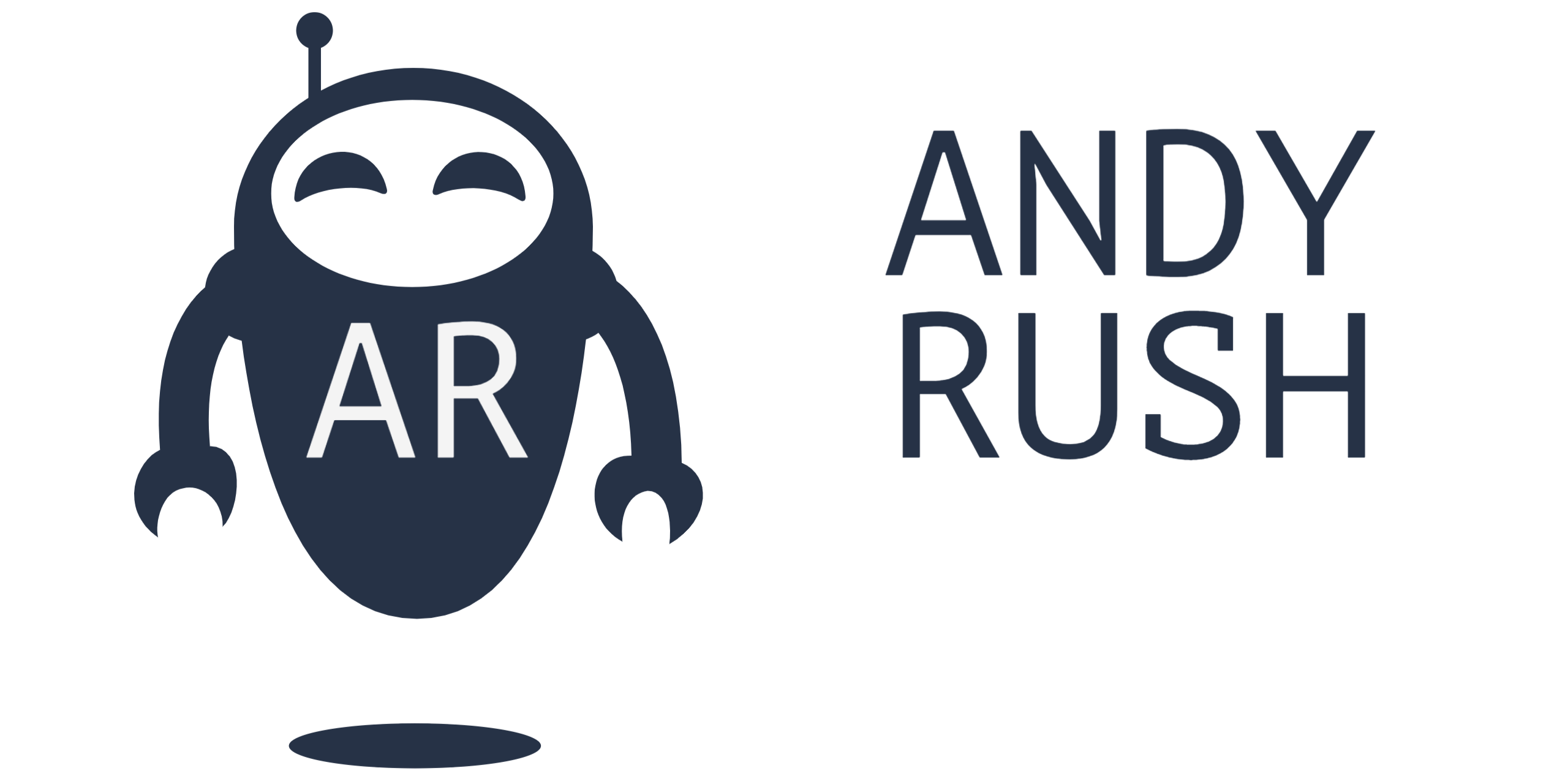As is usually the case, thanks to Twitter I had a great bit of fun this morning. To start things off Bryan Alexander tweeted this:
How should liberal arts institutions respond to #MOOCs? Two of my colleagues reflect: http://t.co/mASRcDoj #NITLE
— Bryan Alexander (@BryanAlexander) November 29, 2012
So it was off to Inside Higher Ed to read a (hopefully not just another) MOOC article. I was somewhat discouraged at the start when the authors claimed that Teresa Sullivan (President, ex-President, then President again of UVA) was “skeptical” of MOOCs. Where’s the evidence of that? Supposedly one of the reasons that Sullivan was asked to step down was because she did not move quickly enough on establishing a MOOC at the University of Virginia. While it’s true there was no announcement, was she skeptical? There most certainly was research being done into them at some level of the university. Was Sullivan uninterested? It appears that the board of visitors at UVA was just reacting to the few other top universities who were establishing their own MOOCs and the board saw UVA, and ergo Sullivan, as behind.
I don’t want to belabor the point of the authors statement about President Sullivan, but instead highlight the point about MOOC “bandwagonism”. I also want to say that the rest of the article by W. Joseph King and Michael Nanfito is right on target. A refreshing occurrence in this MOOC-hype era that we live in currently.
Universities have adopted MOOCs (as the savior or cash-cow) too quickly. They haven’t been thoughtful about the educational side of the equation. The thing they haven’t been thoughtful about is the “M”, the massive part. Hundreds of students taking a course online isn’t much different than those hundreds sitting in a large lecture hall. People like Mike Wesch are beginning to change the way massive education is working, but most of it seems uninformed and unconnected.
That’s why I was encouraged to see King and Nanfito apply the MOOC idea to small liberal arts colleges/universities (kinda like the one I work at). The point, they say, is that “MOOCs, after all, were originally intended to provide for engagement and collaboration.” Whether massive or not, they are tools to provide connectedness and engagement. As they point out the original MOOC included Aggregation, Remixing, Repurposing, and Feeding Forward. The underlying philosophy of UMW Blogs was to accomplish all four of those goals. It continues today with numerous examples and we in DTLT talk about it constantly. It exists today most conspicuously in a very real course known as DS106 (digital storytelling). And it has long begun to go massive in a much more positive and organic way – by others freely adopting and adapting it.
I suggest that MOOCs as they are being talked about, and written about, and praised to the heavens, have begun to devolve into a Monty Python skit (or skits, they are massive after all).
@techsavvyed MOOC!!! Why did you say mooc? I panicked #montypythonmooc
— Andy Rush (@rushaw) November 29, 2012
So get rid of the “M” unless you’re only worried about your brand, possibly want to make money (though you’ll likely lose it), and if you’re not serious about education. Long Live OOCs!

